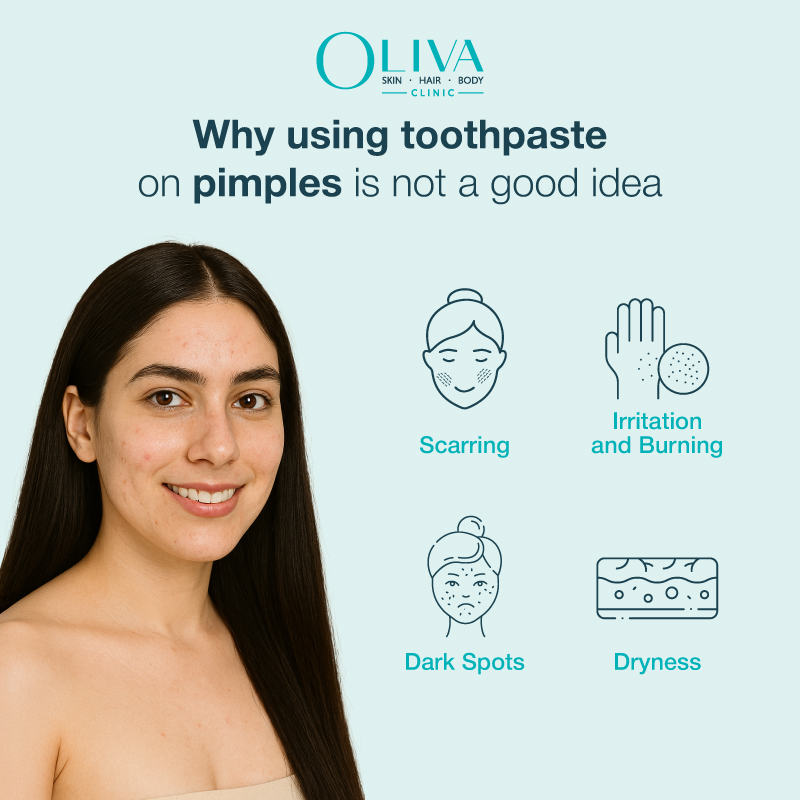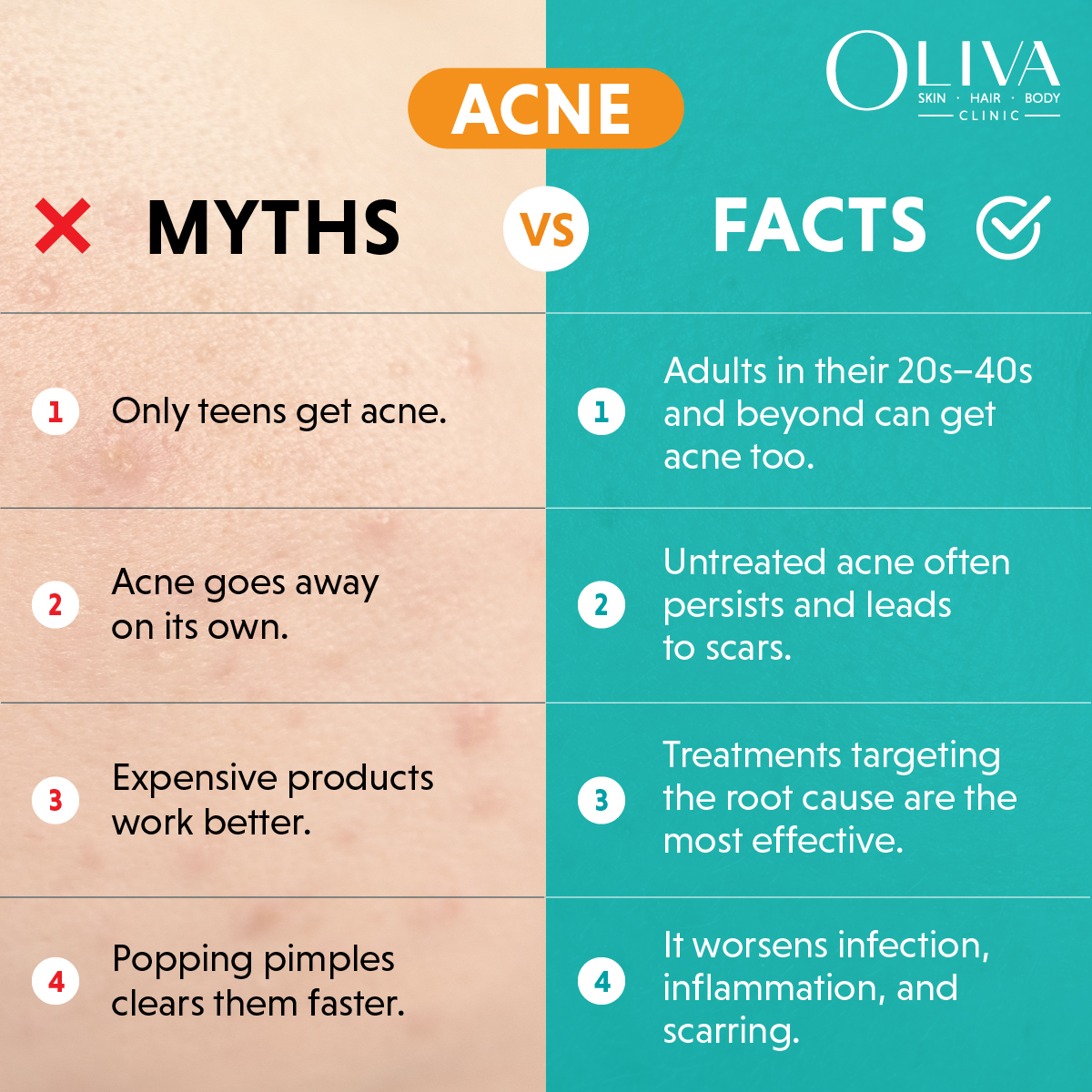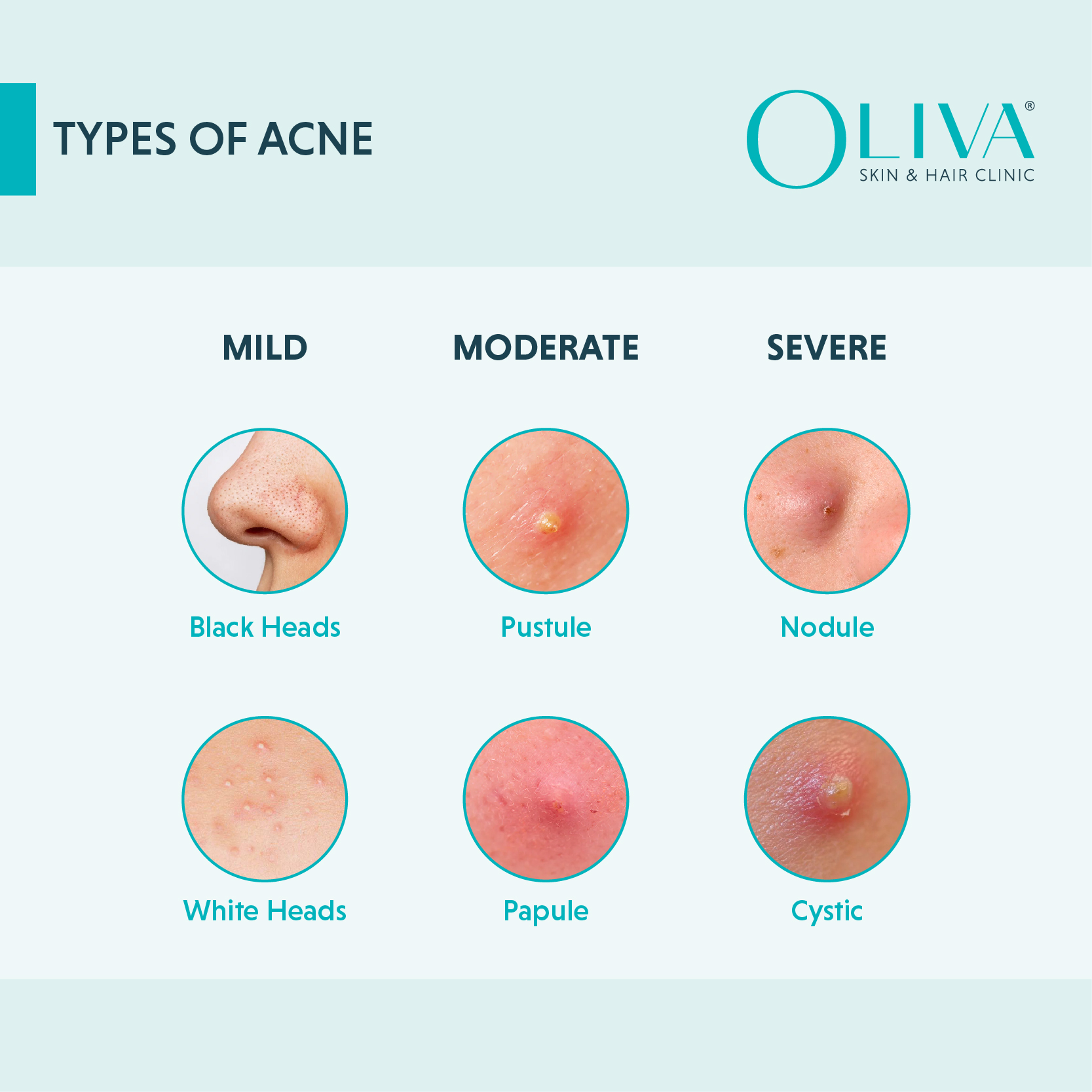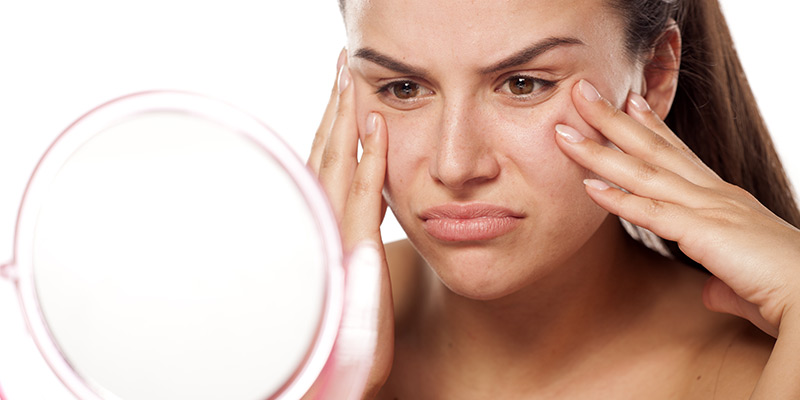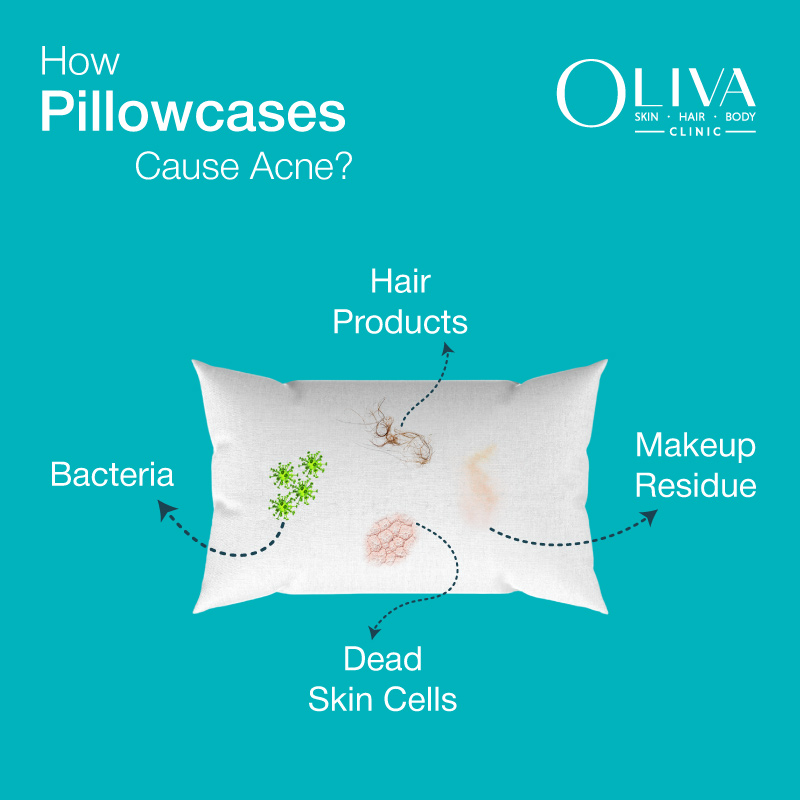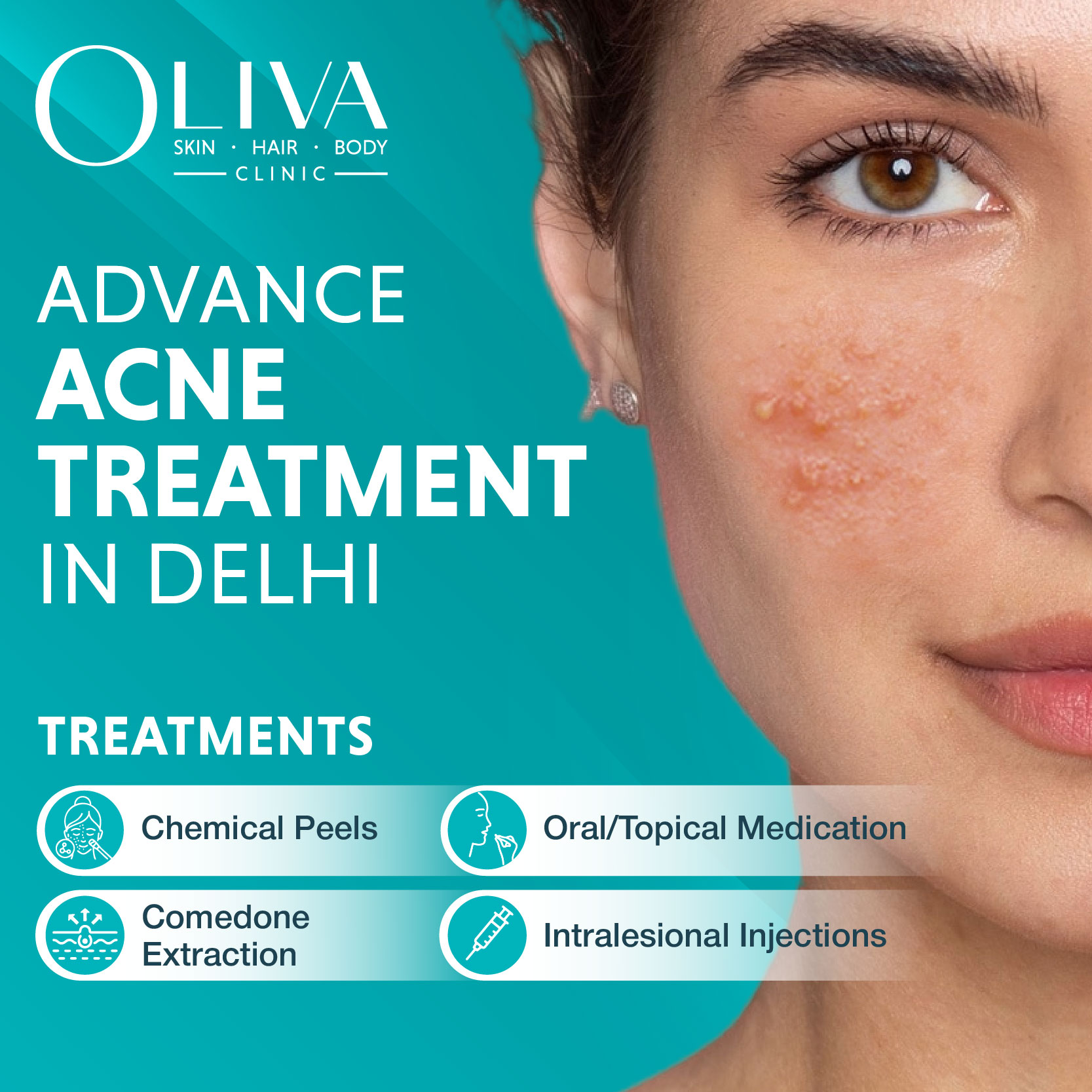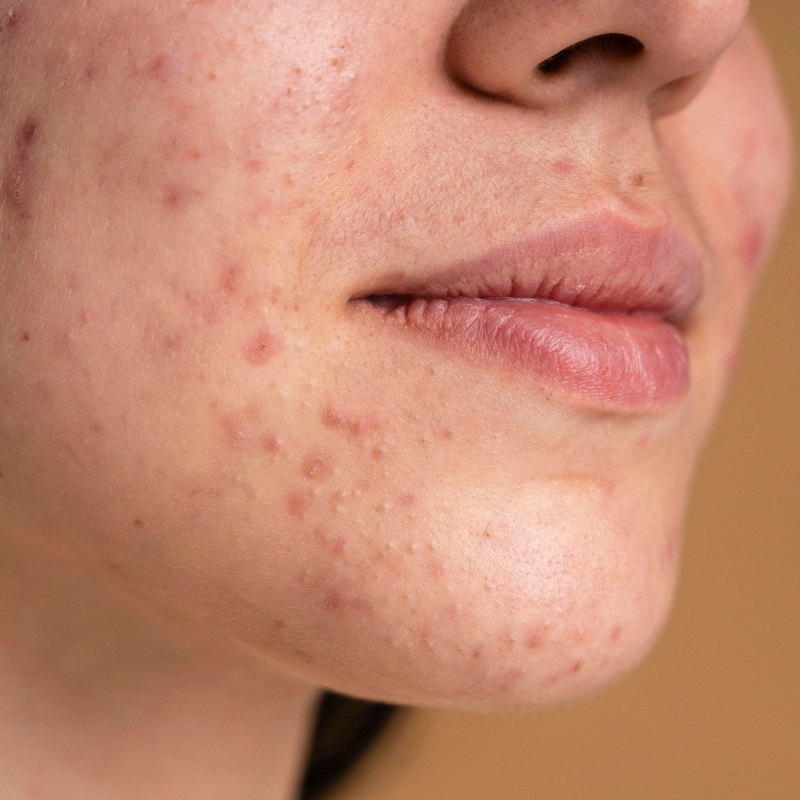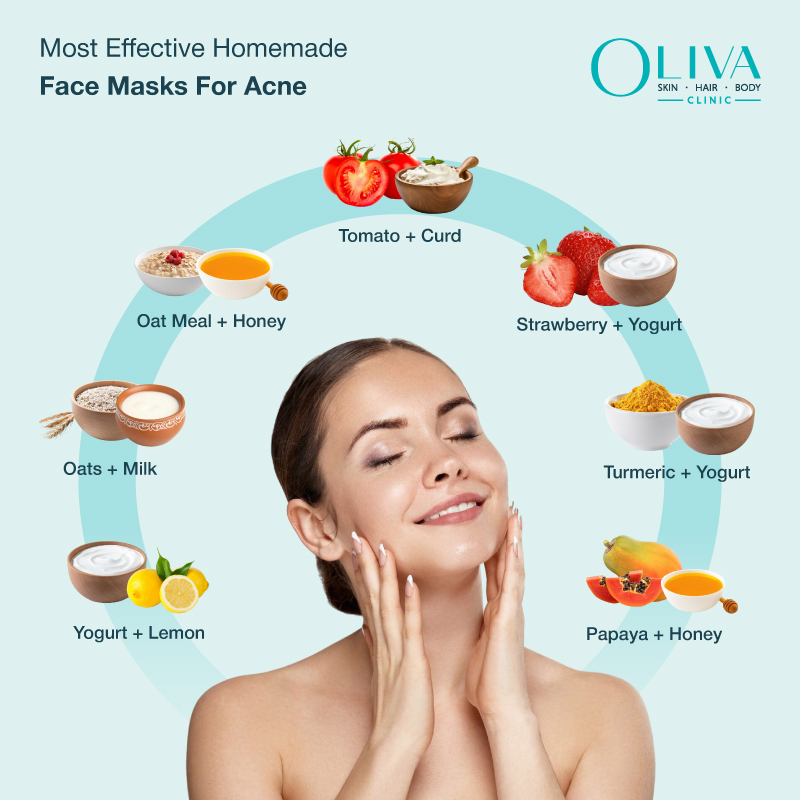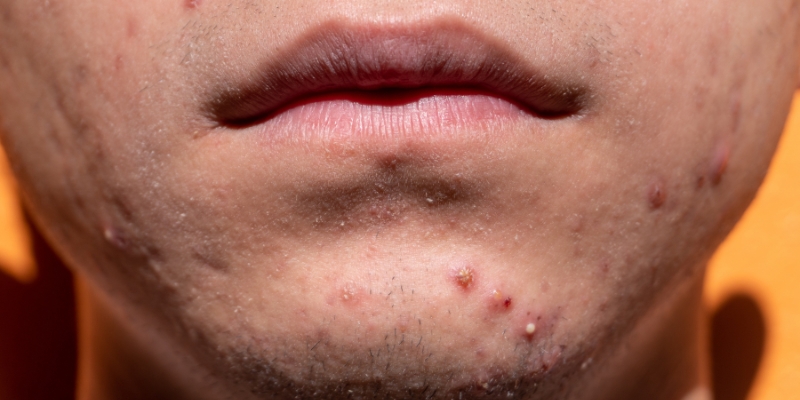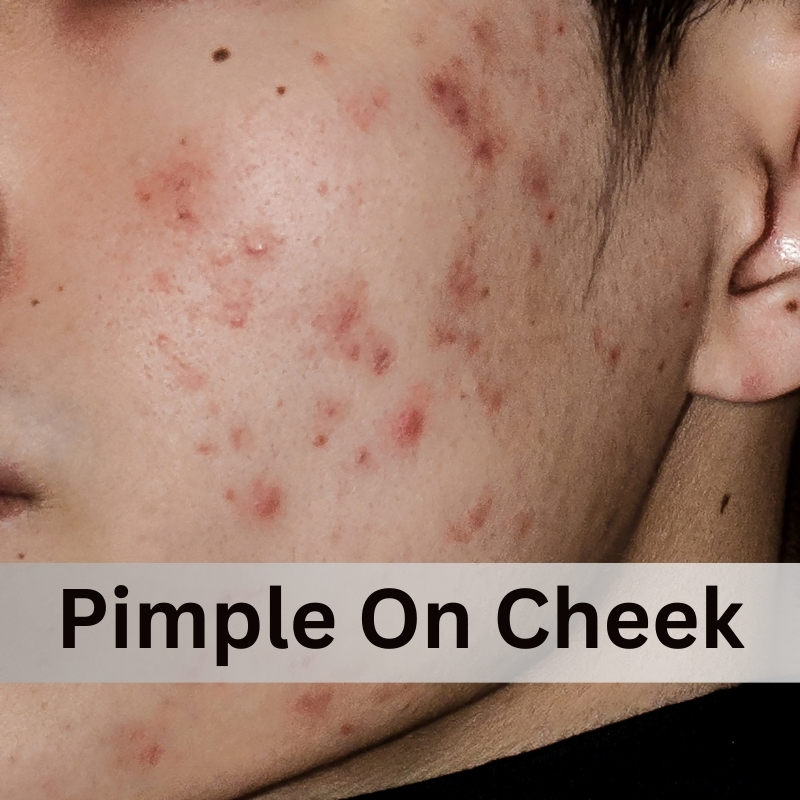Pimple Treatment
Toothpaste on Pimple: Does It Work or Cause Harm? Dermatologist Explains
The remedy of applying toothpaste on pimples has been circulating for generations. Not to mention, most of us have tried toothpaste on pimple as a quick fix to dry it out overnight. We might think it is a good idea. Nevertheless, the truth is, toothpaste will do more harm than...
What’s True About Acne? Myths vs Facts Explained by Dermatologists
Though acne is a highly common skin concern, it is often neglected. People opt for home remedies to get rid of acne, believing they are safer and easier to use. These days, there is also a lot of misinformation easily available on the internet. Most of us fail to understand...
Different Types Of Acne: Causes, Symptoms, Treatments & Prevention
Acne is the most common skin concern prevalent in men and women of all ages. Most commonly seen in teenagers and young adults, due to hormonal fluctuations, acne can also occur during adulthood, especially in women. Acne, whose medical term is acne vulgaris, manifests in different forms, each with a...
Why Overnight Pimple Solutions Does Not Work?
Pimples or acne, as we know them, are a skin lesion with an acute inflammation brought about by certain factors such as excessive sebum production, pollution, dirt, hormonal imbalance, puberty, stress, lifestyle changes to name a few. Pimples affect mostly growing teens or those in their early twenties but there...
How To Prevent Acne From Pillow?
Managing acne and achieving clear skin can seem like an endless battle. The cause of acne is multifactorial. Most people focus on a healthy skincare routine, products, medications, lifestyle and dietary changes. However, one often overlooked factor you have not considered is your pillowcase. The impact your pillowcase and its...
Advance Acne Treatments In Delhi: Top Dermatologist For Acne
Struggling with acne can be frustrating. If you are looking for effective solutions to treat recurring, hormonal or adult acne. you need advanced acne treatments in Delhi that address the problem at the root, and give long-lasting results. With several clinics in the town, Oliva clinic is known for offering...
Period Acne: Causes, Treatments, Home Remedies & Prevention
We all experience acne some day or the other, but it becomes all the more frustrating when you experience breakouts during your periods. As if dealing with periods wasn’t enough, now you have to deal with period pimples as well. This article will explore the connection between pimples and periods...
Homemade Face Masks Acne
Acne is one of the most common skin concerns and many people are looking for cost-effective and natural treatment options to help them manage it. Homemade face masks for acne are popular as they comprise natural, everyday ingredients known to soothe the skin.Let us learn more about the advantages and...
How To Treat Acne Around the Mouth?
Experiencing acne around the mouth is painful and most of us want to get rid of it at the earliest as it affects our appearance adversely. While there is no singular cause for this, certain skincare products may induce acne. Those having recurring acne around the mouth, chin and lips...
Pimples On The Cheeks: Causes, Home Remedies, Treatments & Prevention
A breakout can be a significant skin concern, especially when it is painful, frequent, and stubborn. Our cheeks come in contact with a lot of things that may cause these pimples. The good news is that acne on the cheeks is possible to treat. This article will explore all the...


